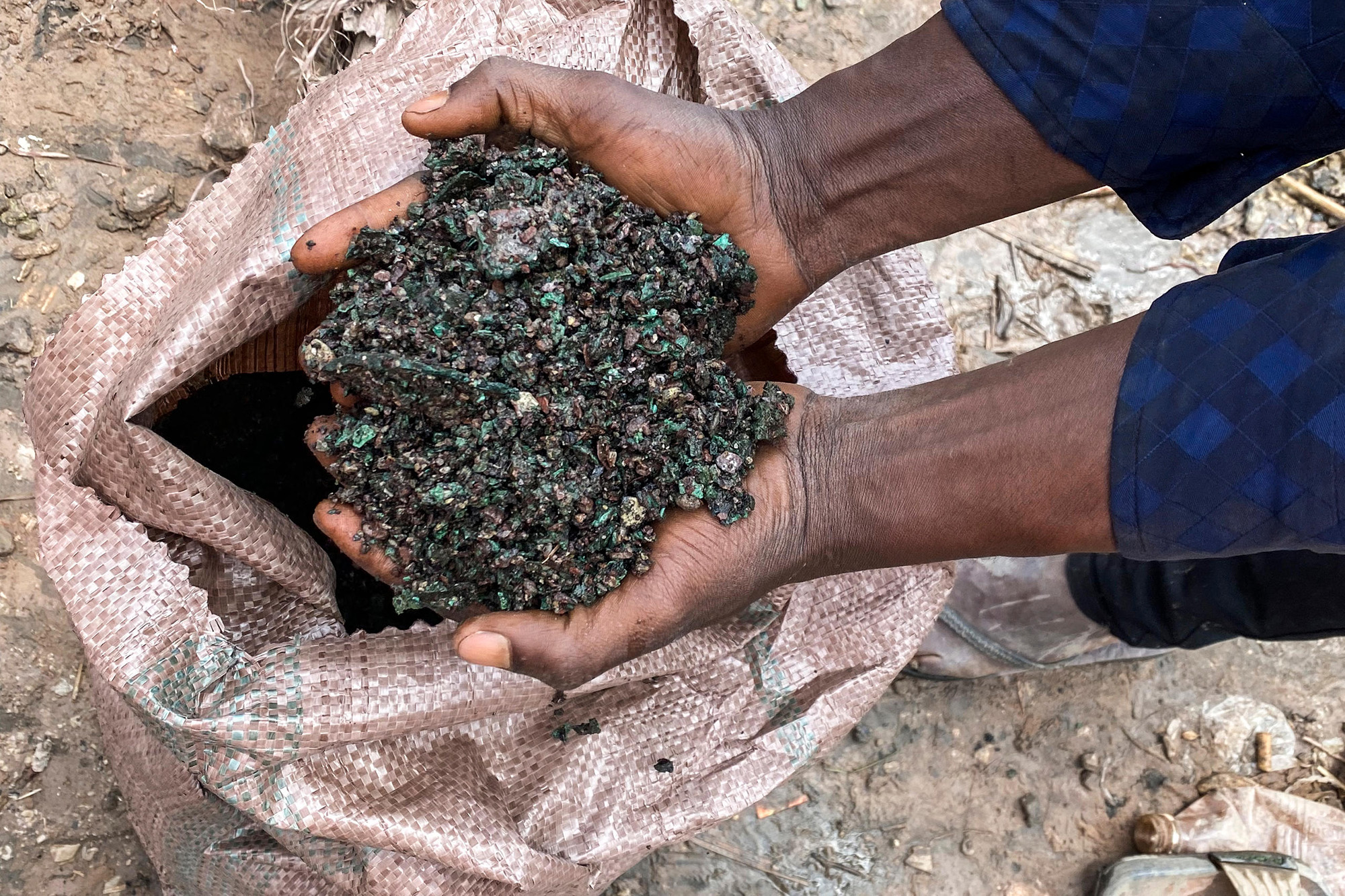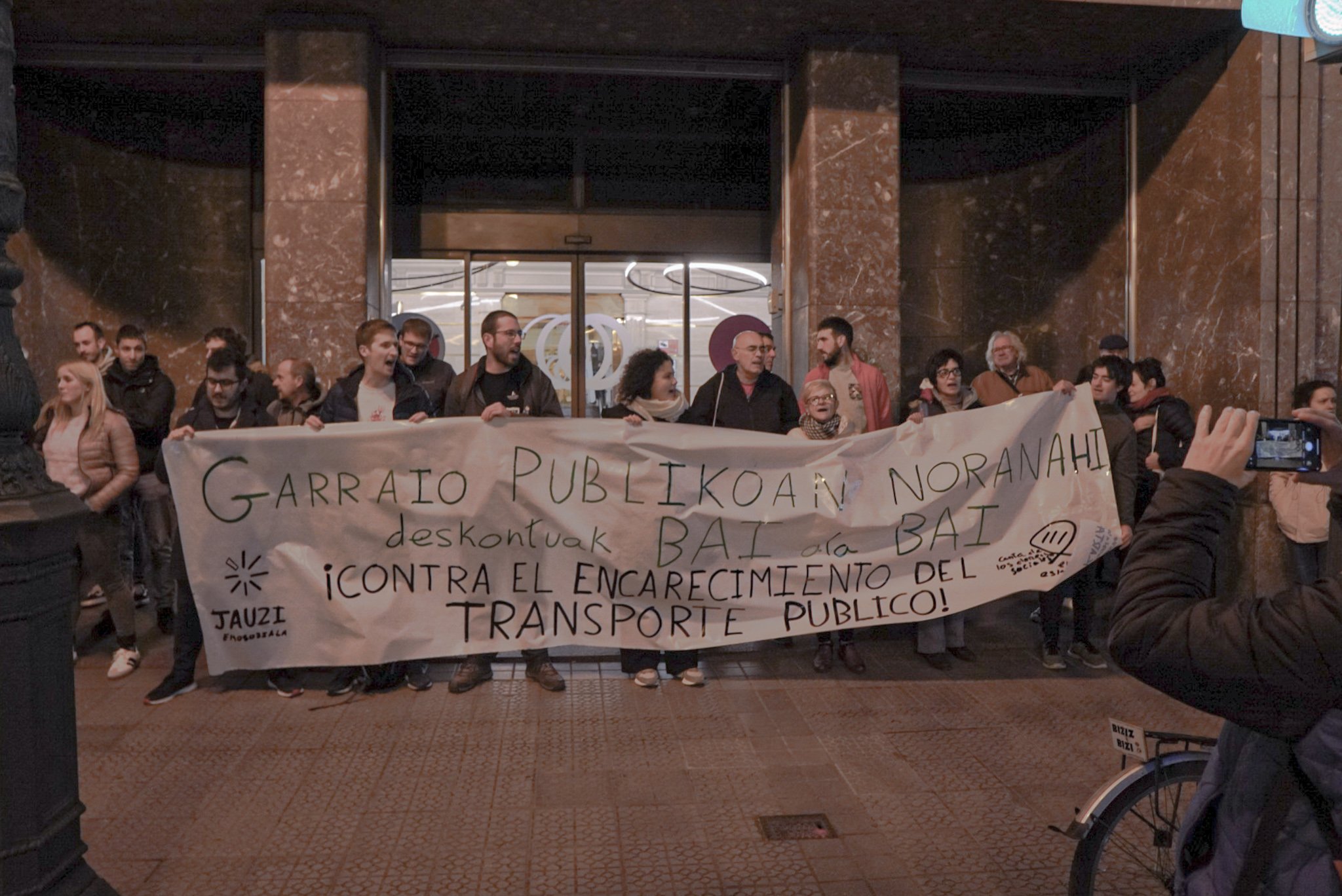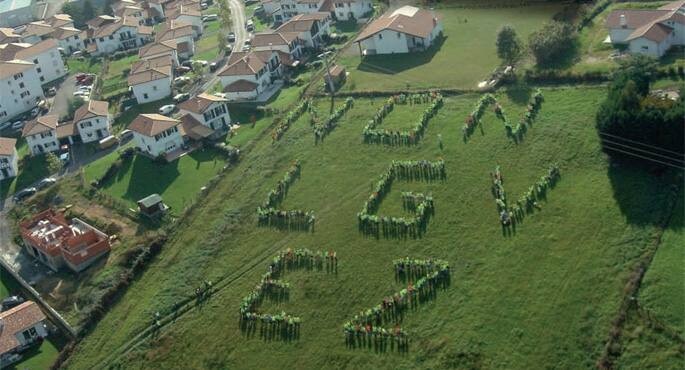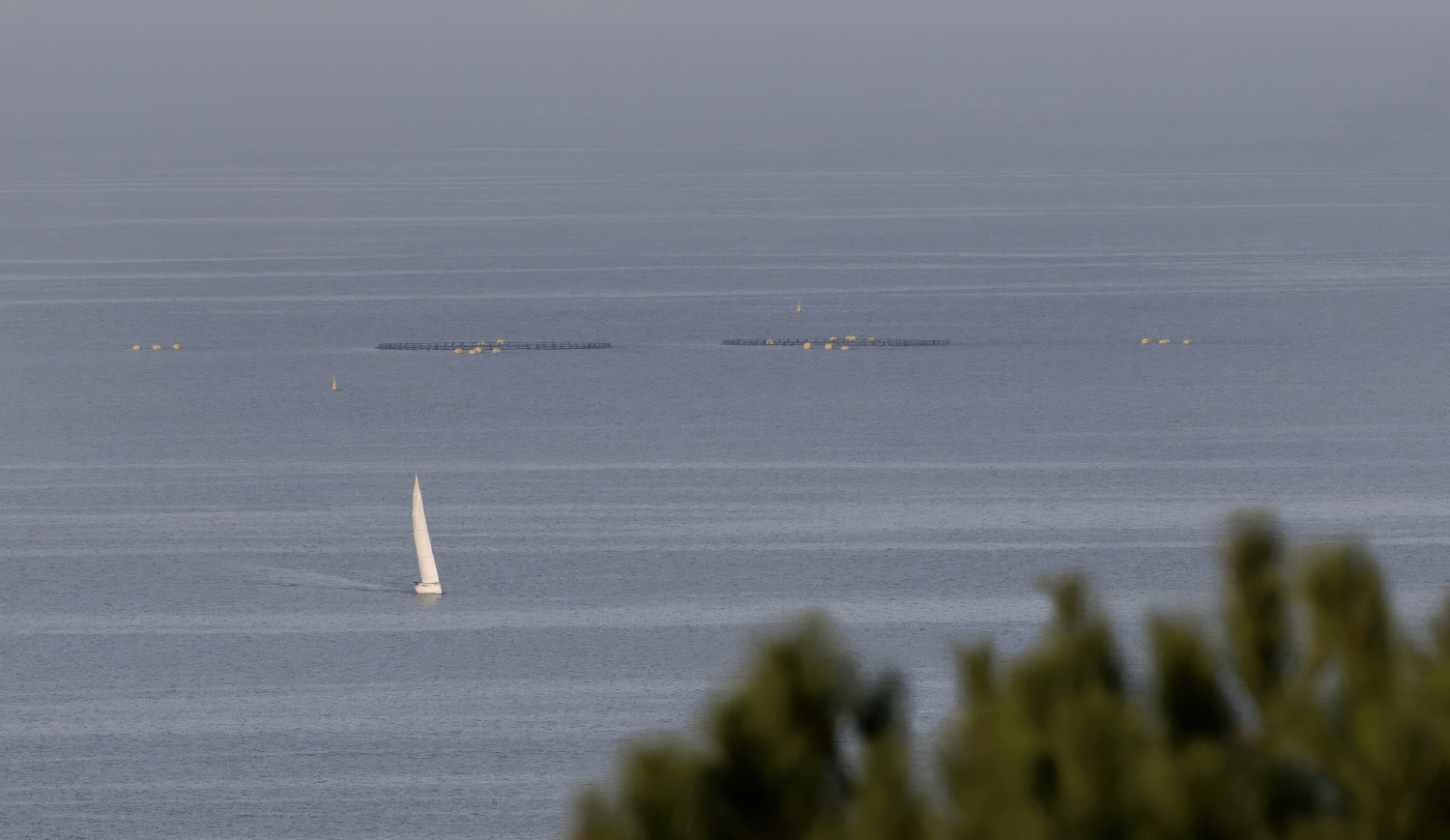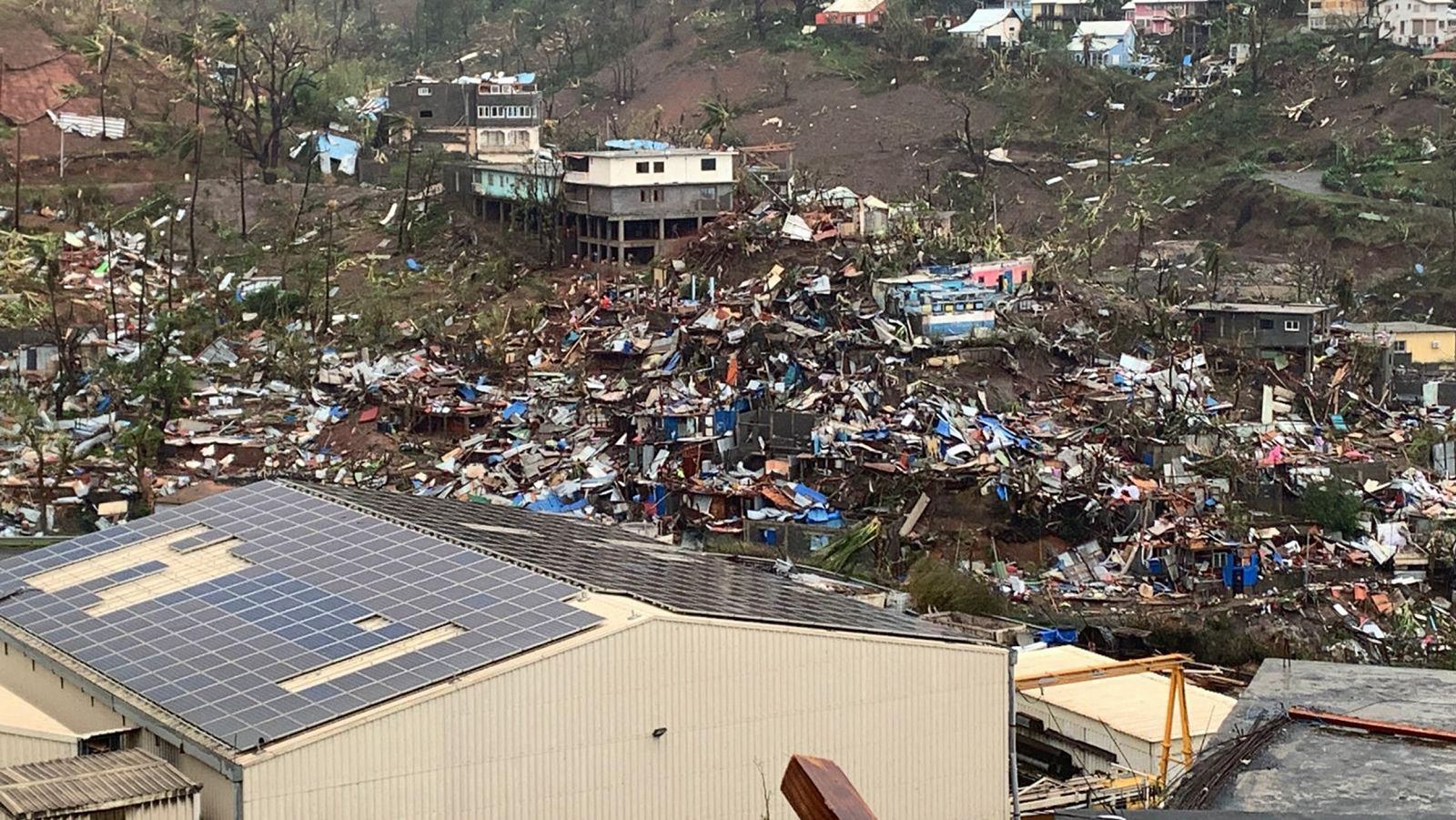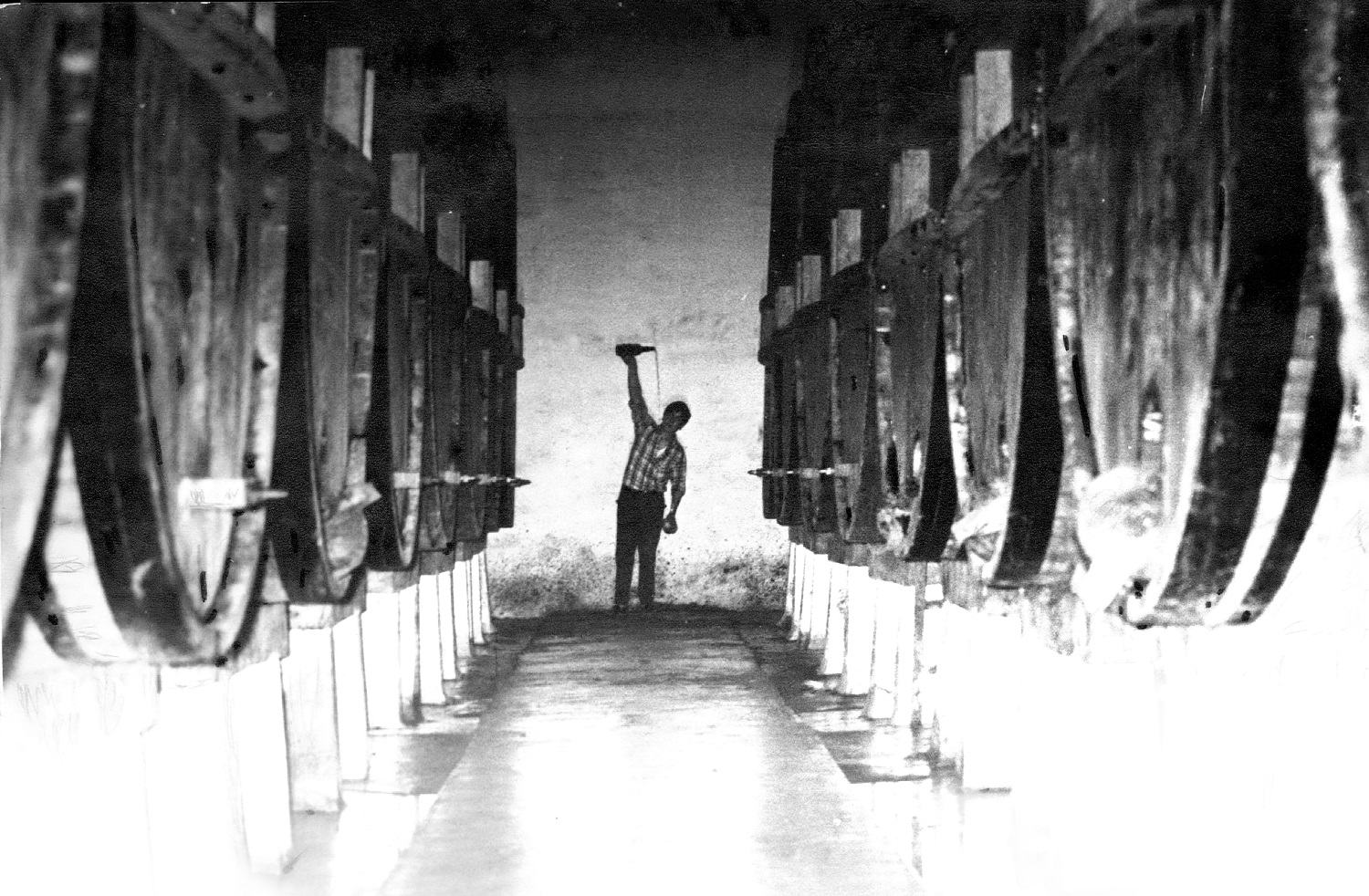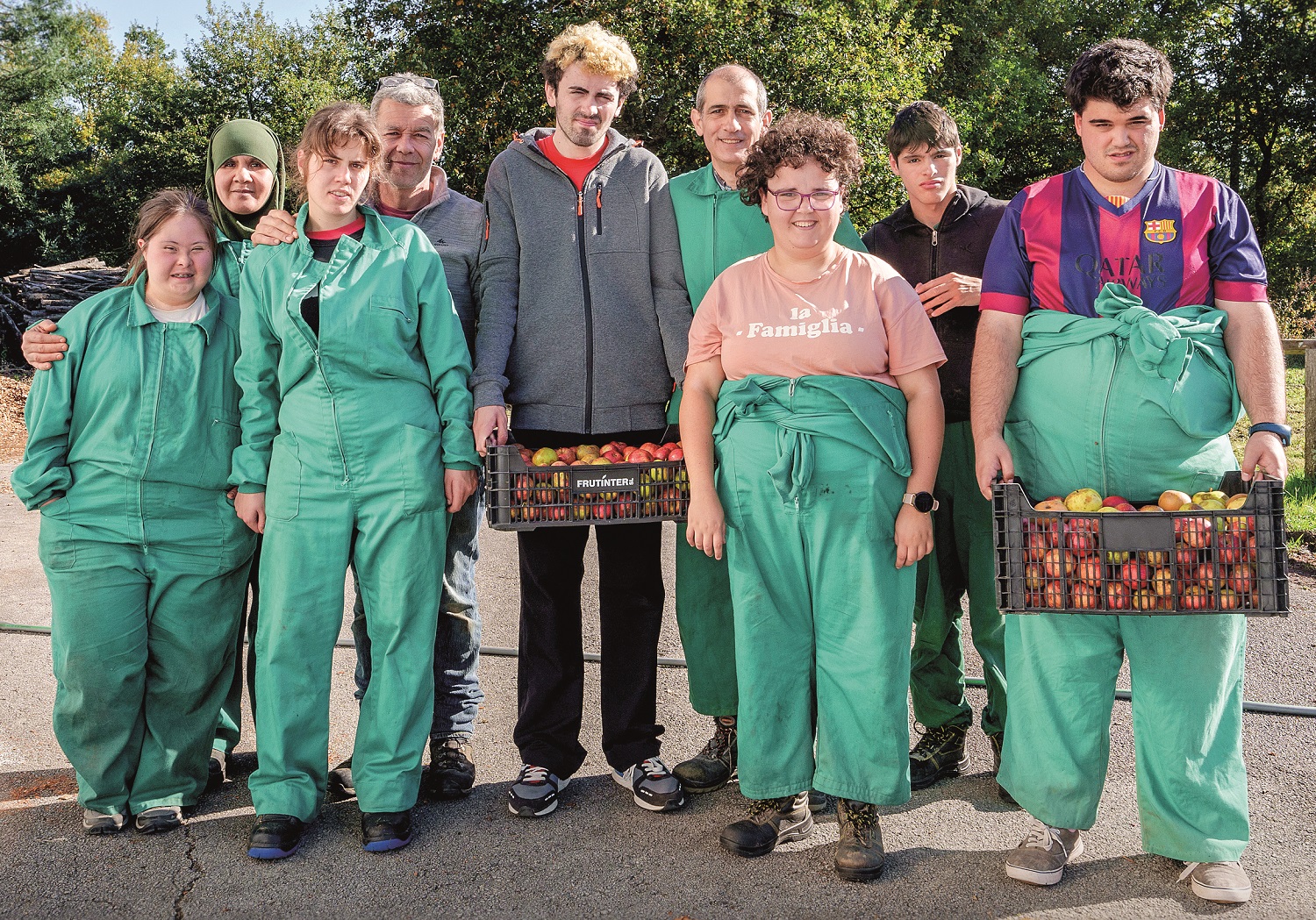Conquest of Water: Fight against Mining Multinationals in the Argentine Andes
- If water is a precious resource, it is more in the Argentine region of Mendoza, in the driest corners of South America. In 2019, a popular revolt succeeded in getting the mining multinationals to flourish a law to prevent their scarce waters from being contaminated with cyanide. But the stony claws are not far away and, to give the experience, one of its protagonists is prosecuted: Nora Moyano, a well-known militant of the Mendoza Assembly for Clean Water. This is the story of a struggle against the new water conquerors.
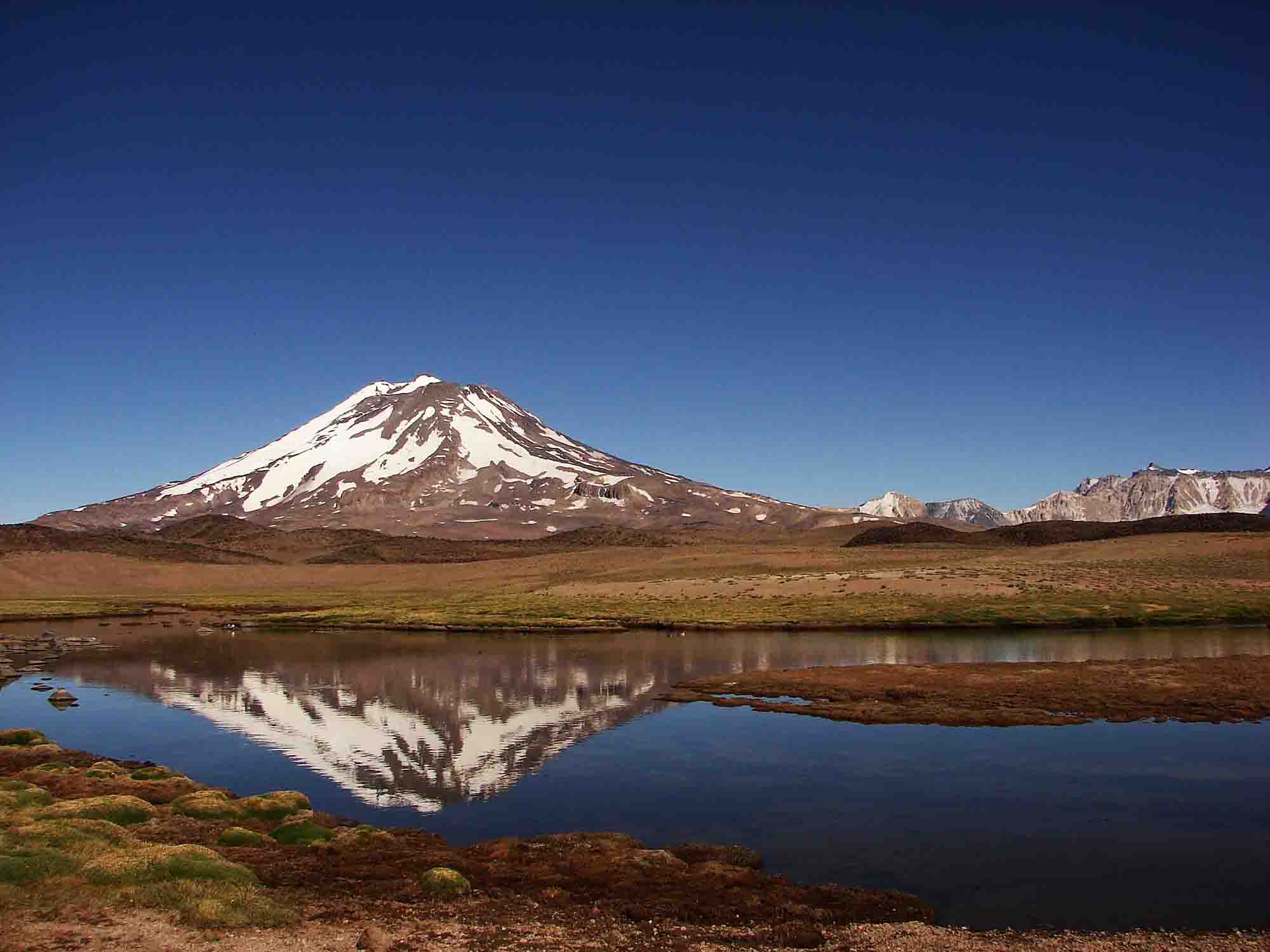
Nora Moyano is over 70 years old and is sued by Argentine justice in the Mendoza region for “kidnapping” several senators. The reader might think that this absurd statement is a face, which we have not resorted to the proper source, but it is imputed. But not for “kidnapping” deputies, but for being responsible for the actions of the citizens of Mendoza to symbolically surround the territorial parliament three years ago in defense of water.
Known environmental activist in Argentina, currently retired professor, Nora Moyano has been working in the Assembly for Clean Water of Mendoza for years to protect the water so poor in the South American area. In December 2019, the Parliament of Mendoza, with the majority of the officers and peronists, modified the law on the protection of water resources and approved the so-called Cyanide Law, which authorized the multinationals to extract minerals for the massive use of cyanide, sulfuric acid, mercury and other toxic substances.
.jpg)
A great rise in the population on fire in the capital and in the entire province upset the intention of the authorities. Under the motto The water of Mendoza is not touched (the water of Mendoza is not touched) thousands of people went out into the street and after many demonstrations – and police repression – had to abandon the law. In these protests, Nora Moyano is accused of encouraging the protesters surrounding the Mendoza Parliament on 17 December and of “kidnapping” senators inside the headquarters. No one else than the prosecutor does not believe in this: “It’s crazy, I have COPD [Chronic Burchant Lung Disease] and emphysema, I’m not in a position to kidnap an entire parliament,” he explains to the self-managed environment of El other Mendoza. But yes, three years later he remains charged, and recently the prosecutor has rejected the request to remove the accusation against him. Now the cause of Norita, as they call it in Argentina, has become a demand for the water movement: If you touch Nora, you touch the people! (In contact with the place, they touch the village), they scream.
In 2007, the clean water movement marked a historic milestone in approving Mendoza Parliament Law 7.722 banning the use of toxic chemicals in mining
Thirst stone
These protests in December 2019 were seen by the three Basque mountaineers who traveled to the area. The legazpiarras Ander Ibarguren and Unai Segura ajauregi and that of Eskoriatza Julen Agiriano were in those days so complicated in the not too distant city of Mendoza to climb the mythical Mount Akonkagua. Aquonkagua, the stone has been collected in the documentary thirst. It is not just the chronicle of a mountain climb, but the water problem that underlies these protests and, at the same time, the climate emergency in the Andes.
Droughts have been enormous in recent years in the Argentine area of the Cordillera, to the point that the ski center of Vallecito, located next to Akonkagua, which was the main epicenter of the snow tourism in the mid-twentieth century, has been closed for a decade due to lack of precipitation. The rise camps to Akonkagua are also changing position due to lack of water, the glaciers have regressed significantly and the change is noticeable from year to year. One fact is enough to illustrate all this: the three mountaineers did not tread snow that year to climb to the 6,961 metre summit, the highest on the American continent.
.jpg)
But, as acknowledged in the documentary, at the moment there are no problems in bringing water to a foreign mountaineer with money, if not, it will be by helicopter for weeks. The problem is further down, as in urban areas like Mendoza, in the middle of the desert, their cities and agricultural centers are concentrated on the Andean glaciers and organized through channels. Therefore, the public awareness of preserving this precious water is ancient, even more so in a territory threatened by mining.
The conquest of the desert
At the beginning of the 21st century, the impetus of copper mining in Chile and Peru led engineers from eleven countries to start explorations in the Argentine province of Mendoza, in the heart of the Andes, to learn about the reserves of this precious metal. The first megamastation project took place in Lake Laguna del Diamante, the largest natural water reserve in Mendoza, 3,300 meters high. The first polls began in 2003 by the Swiss and Australian multinationals Xstrata and Mount Isa, but the inhabitants of San Carlos rose up against him and then the movement against mining projects in other cities, united in the Assembly of Mendoza by the Clean Water.
In 2007, this struggle marked a landmark when the Mendoza Parliament passed Law 7,722 on water protection, “a law that was achieved through community processes of awareness and training, mobilizations, organization and public debates,” wrote The new Mendoza, professor at the Patricia Collado Cubut University, at the portal of the TriContinental Institute, which promotes the investigation of global social movements in the South. Water in defense of all forces it faces (Nueva Mendoza zakada). Fighting with all the forces in defense of water) going back all those years in the article.

But since then the mining industry has been constantly threatening the waters of the Andean mountains of Mendoza. In recent years the San Jorge project is the best known, next to the small town of Uspallata, in the department of Las Heras. Originally, the Canadian company Moning wanted to exploit copper and gold in the area, then bought it from the Aterra group, made up of Russian capitals, and the plans are still there. It's not the only project. Look on the web No to the mine (No to the slimming), in which besides the news reports have been included megametreatment reports, is enough to see the clash between citizens and activists in the extensive and extensive Argentina; the 2019 mass protests must be placed in that context.
“It is the mindset of the ‘conquest of the desert’, one of the many open veins.” .jpg) Nora Moyano has responded to questions asked by María Torrellas about the colonialist exploitation of these resources in the Latin American Summary, whose interview is available on Youtube. Torrellas is famous in the Basque Country, as he lived and Euskaldunió for many years – whoever wants to know his existence did so in number 2.612 for ARGIA in the Argi Kontra section. Moyano explained to the journalist how the authorities are trying to leave Law 7,722 unprotected “In 2019 we launched the Cyanide Act to the landfill of history, but it seems they have not learned and re-attack.” That is why they made a great demonstration on 12 October.
Nora Moyano has responded to questions asked by María Torrellas about the colonialist exploitation of these resources in the Latin American Summary, whose interview is available on Youtube. Torrellas is famous in the Basque Country, as he lived and Euskaldunió for many years – whoever wants to know his existence did so in number 2.612 for ARGIA in the Argi Kontra section. Moyano explained to the journalist how the authorities are trying to leave Law 7,722 unprotected “In 2019 we launched the Cyanide Act to the landfill of history, but it seems they have not learned and re-attack.” That is why they made a great demonstration on 12 October.
Meanwhile, the Mendoza Government has just signed an agreement with the Israeli state-owned company Mekorot to solve the water shortage problem with a centralising model. Israel has been famous in the world for technological advances in water management, such as the construction of numerous desalination plants. But Moyano has pointed out that in Mendoza there are already at least nine entities investigating water issues and they are very capable of carrying out this management.
“It is the conquest of the desert that has never ended, another more than so many open waits”
Nora Moyano
It is not the first time that Mekorot has put his hand in South America, for example in Paraguay, that the Israeli multinational is long complaining that it wants to “elitize” this resource, as it has used as a political weapon in apartheid against the Palestinians. Therefore, in the case of water, as with other resources and many sources of energy, multinationals move around the world and the new conquest is labelled "efficient" or "sustainable" management.
The Centre Tricontinental has described the historical resistance of the Congolese in the dossier The Congolese Fight for Their Own Wealth (the Congolese people struggle for their wealth) (July 2024, No. 77). During the colonialism, the panic among the peasants by the Force... [+]











